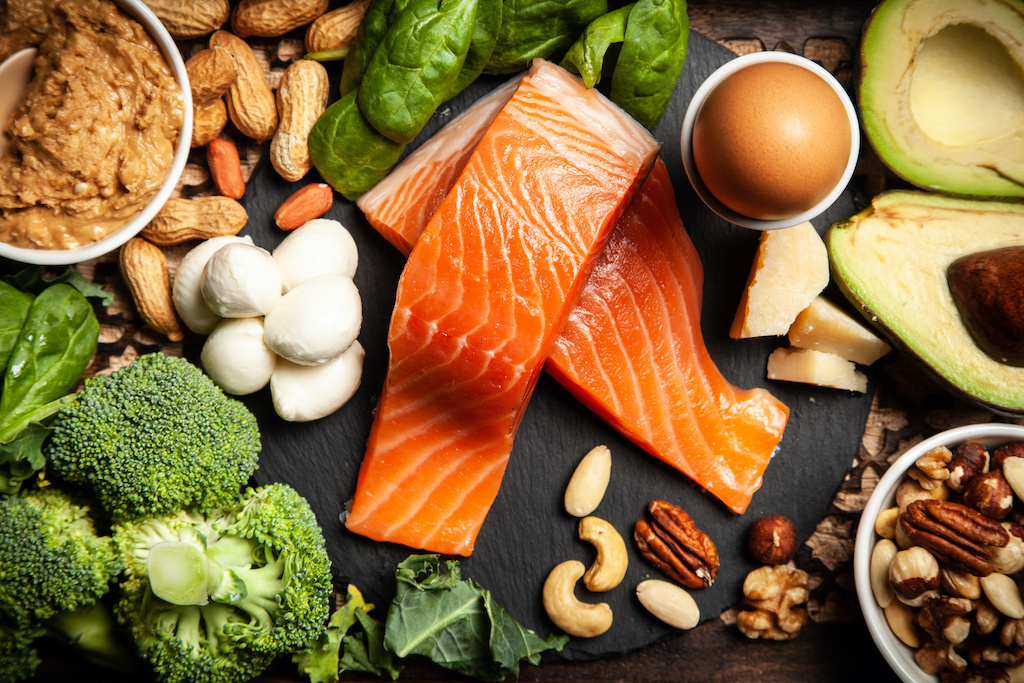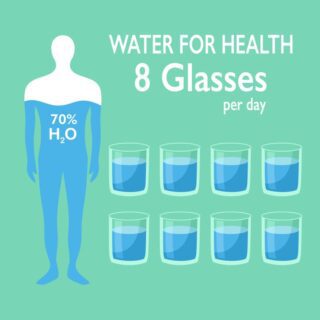Dietary Fats and Metabolic Health: Which Fats to Eat and Avoid

Dietary fats play a crucial role in our health, influencing everything from hormone production to brain function. Understanding which fats to eat and which to avoid can significantly impact metabolic health.
Types of Dietary Fats
Healthy Fats:
- Monounsaturated Fats (MUFAs): Found in olive oil, avocados, and nuts. These fats can improve heart health by reducing LDL cholesterol levels.
- Polyunsaturated Fats (PUFAs): Includes omega-3 and omega-6 fatty acids. Omega-3s, found in fatty fish and flaxseeds, are particularly beneficial for reducing inflammation and supporting brain health.
Unhealthy Fats:
- Saturated Fats: Found in red meat, butter, and full-fat dairy products. High intake of saturated fats can raise LDL cholesterol levels and increase the risk of heart disease.
- Trans Fats: Found in many processed foods, margarine, and fried foods. Trans fats are associated with increased inflammation, insulin resistance, and higher risk of heart disease.
The Role of Fats in Metabolic Health
Energy Source:
- Fats are a dense source of energy, providing 9 calories per gram. They are essential for absorbing fat-soluble vitamins (A, D, E, and K).
Hormone Production:
- Dietary fats are crucial for the production of hormones, including sex hormones and hormones that regulate metabolism and inflammation.
Brain Health:
- Omega-3 fatty acids, particularly DHA, are vital for brain health and cognitive function. They are involved in cell membrane structure and neurotransmitter function.

Healthy Fats to Include
Olive Oil:
- Rich in monounsaturated fats and antioxidants, olive oil can reduce inflammation and improve heart health.
Avocados:
- High in monounsaturated fats, fiber, and potassium, avocados support heart health and provide essential nutrients.
Nuts and Seeds:
- Almonds, walnuts, flaxseeds, and chia seeds provide healthy fats, fiber, and essential nutrients that support metabolic health.
Fatty Fish:
- Salmon, mackerel, and sardines are excellent sources of omega-3 fatty acids, which reduce inflammation and support cardiovascular health.
Fats to Avoid
Trans Fats:
- Avoid trans fats by limiting processed foods, margarine, and fried foods. Check food labels for partially hydrogenated oils, a common source of trans fats.
Excessive Saturated Fats:
- Limit intake of saturated fats by choosing lean cuts of meat, low-fat dairy products, and cooking with healthier oils like olive or canola oil.
Summary:
- Healthy fats (monounsaturated and polyunsaturated) support heart health, hormone production, and brain function, and should be included in the diet.
- Unhealthy fats (saturated and trans fats) increase the risk of heart disease and should be limited or avoided.
- Incorporating healthy fats from sources like olive oil, avocados, nuts, seeds, and fatty fish can improve metabolic health and overall well-being.

This article reviewed by Dr. Jim Liu, MD and Ms. Deb Dooley, APRN.
There’s nothing more important than our good health – that’s our principal capital asset.
#medical #telehealth #umedoc










